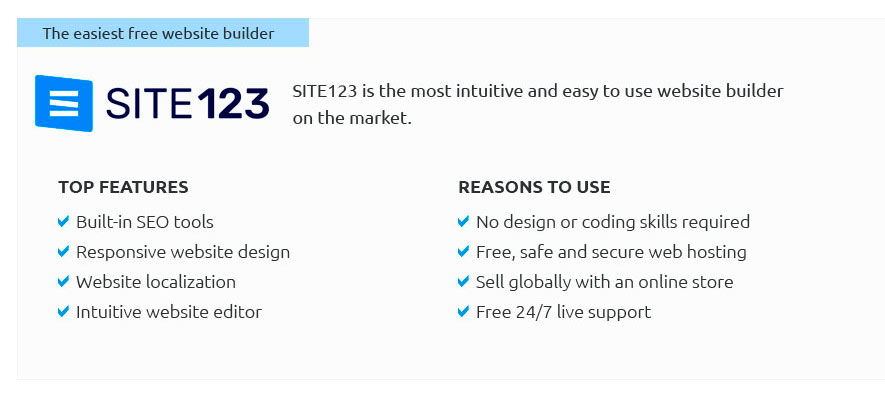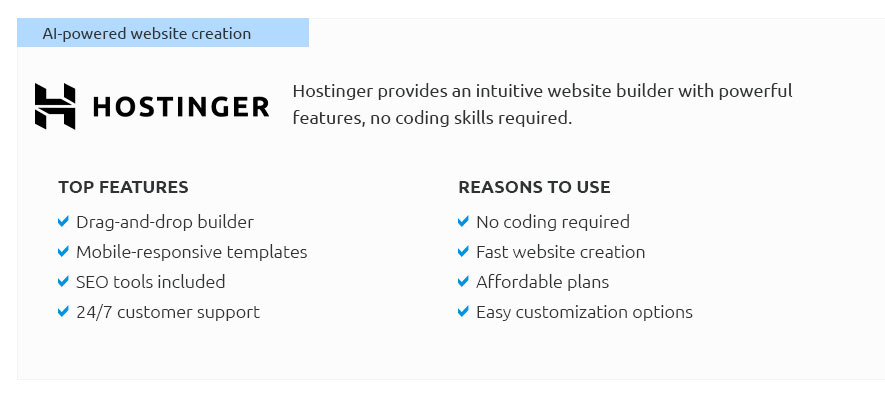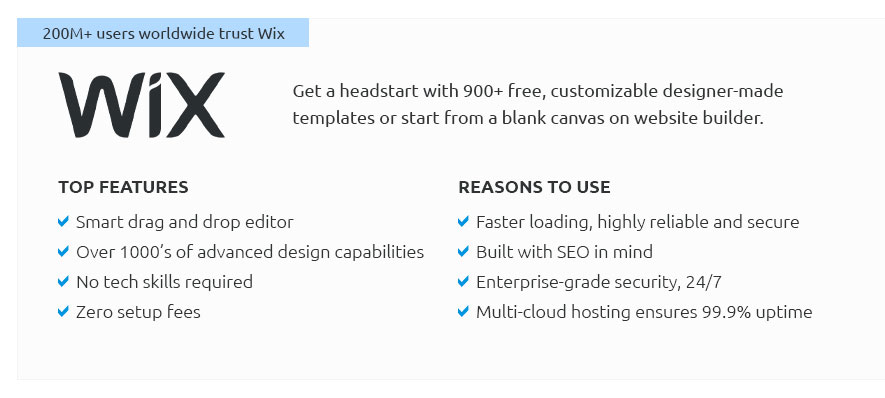 |
 |
 |
 |
|
 |
 |
 |
|
 |
|
 |
 |
|
 |
|
 |
|
 |
 |
How to Make Your Own Business Website: A Comprehensive GuideCreating a business website can seem daunting, but with the right approach, it can be a straightforward process. This guide will walk you through the essential steps to build a professional online presence. Choosing the Right PlatformThe first step in building your website is selecting a platform that meets your needs. There are many options available, each with its pros and cons. Content Management Systems (CMS)A CMS like WordPress is popular for its flexibility and extensive plugin ecosystem. It’s ideal for those who want to customize their site fully. Website BuildersFor a more user-friendly experience, consider using a website builder. These platforms offer drag-and-drop interfaces, making them perfect for beginners. For instance, you might explore the best free website builder for small business to start with. Designing Your WebsiteOnce you've chosen a platform, the next step is to focus on design. A well-designed website enhances user experience and reflects your brand. Choosing a TemplateMost platforms offer templates that provide a starting point. Select one that aligns with your brand’s aesthetic and industry. Customizing Your DesignCustomize your template with your logo, brand colors, and images to make your site unique. Ensure your design is responsive to look good on all devices. Adding Essential FeaturesTo ensure your website functions effectively, it must include certain key features.
Optimizing for Search EnginesSearch engine optimization (SEO) is crucial for driving traffic to your website. Implementing good SEO practices ensures that your site is easily discoverable by potential customers. Keyword ResearchIdentify keywords relevant to your business and integrate them naturally into your content. This helps search engines understand what your site is about. On-page SEOUse descriptive titles and meta descriptions for each page. Ensure that your site’s content is well-structured with headings and subheadings. Setting Up AnalyticsImplementing analytics tools allows you to track your website’s performance and understand your audience better. Google AnalyticsGoogle Analytics is a powerful tool for monitoring site traffic and user behavior. It helps you make informed decisions to improve your website. For those interested in making a free website, it's important to consider integrating such tools to track progress from the beginning. Frequently Asked QuestionsWhat is the best platform for beginners?Website builders like Wix or Squarespace are ideal for beginners due to their ease of use and comprehensive support. How much does it cost to build a website?The cost varies widely depending on the platform and features. It can range from free to several hundred dollars per year for premium services and custom domains. How long does it take to create a website?With a website builder, you can have a basic site up in a few hours. More complex sites may take weeks to fully develop. Do I need to know how to code?No, many platforms offer drag-and-drop interfaces that require no coding skills. https://www.reddit.com/r/webdev/comments/lphaw5/can_i_build_my_own_website_from_scratch_for_a/
If you really just want a simple website, then the most effective and efficient solution would be to build it on wordpress and using elementor. https://www.wix.com/
Build a unique website in minutes with AI - Or start from a designer-made template - Customize to make it your own - Add anything you need for your business as you ... https://mailchimp.com/resources/small-business-website-design/
Start by creating and naming your small business website. Then you can choose a design and add content to your website. Once you've got that set up, you can ...
|